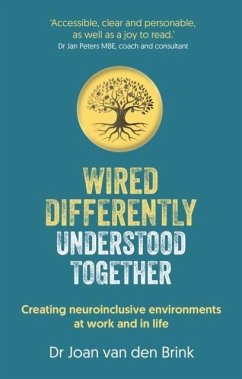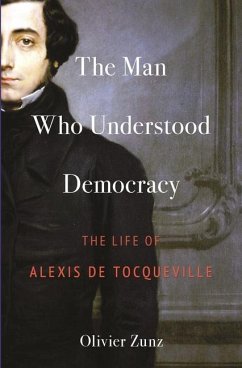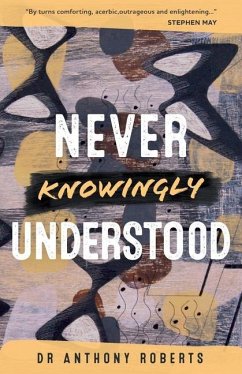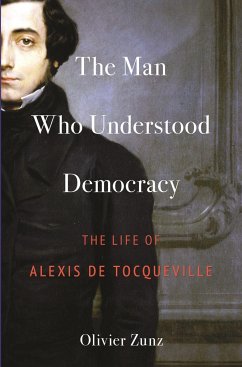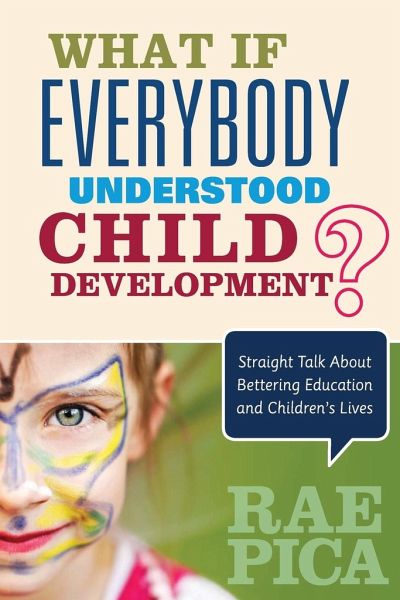
What If Everybody Understood Child Development?
Straight Talk About Bettering Education and Children's Lives
Versandkostenfrei!
Versandfertig in 1-2 Wochen
28,99 €
inkl. MwSt.

PAYBACK Punkte
14 °P sammeln!
In this collection, the author keeps kids front and center as she provides thought-provoking commentary and actionable insights on topics such as the Common Core, the self-esteem movement, and standardized testing.









